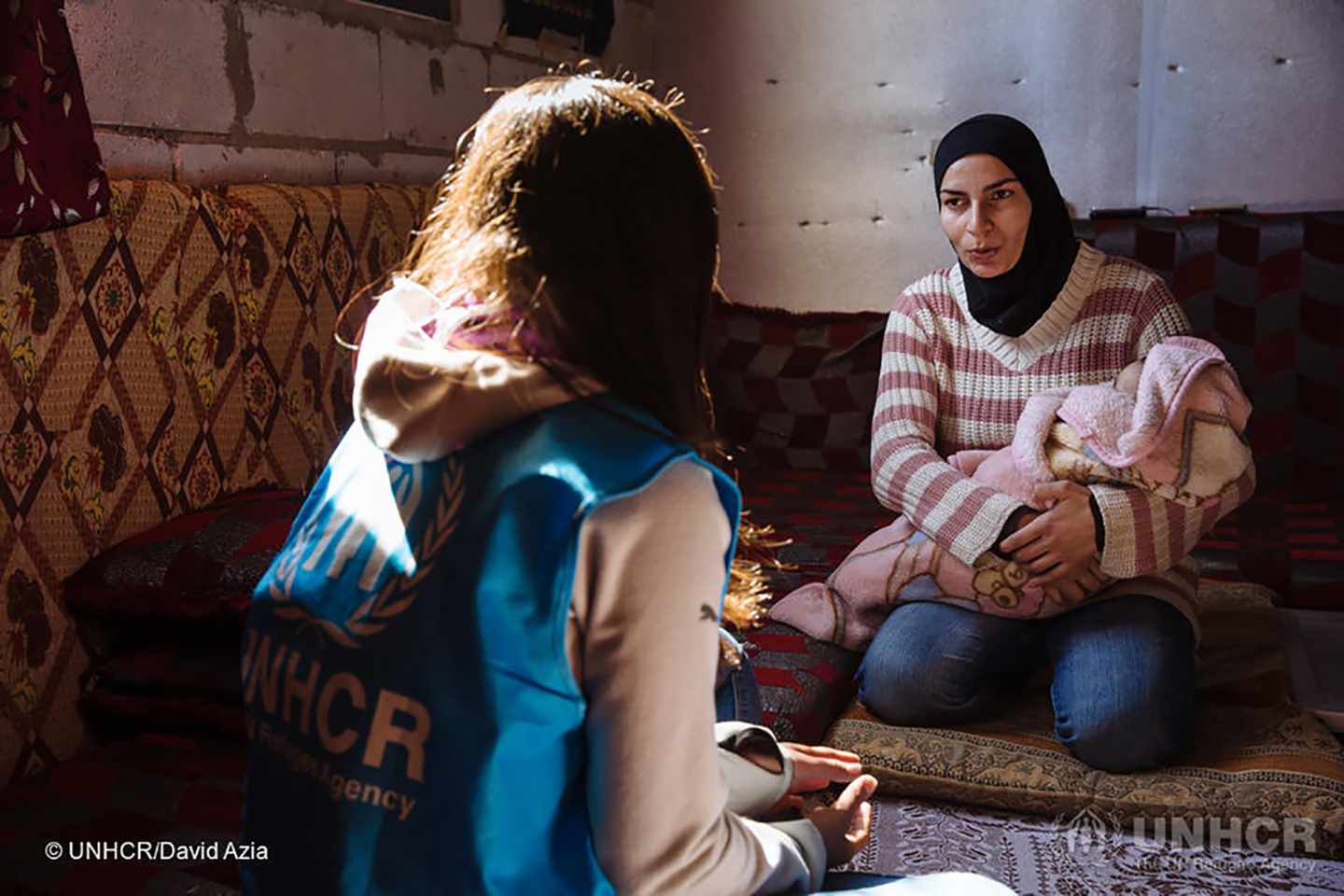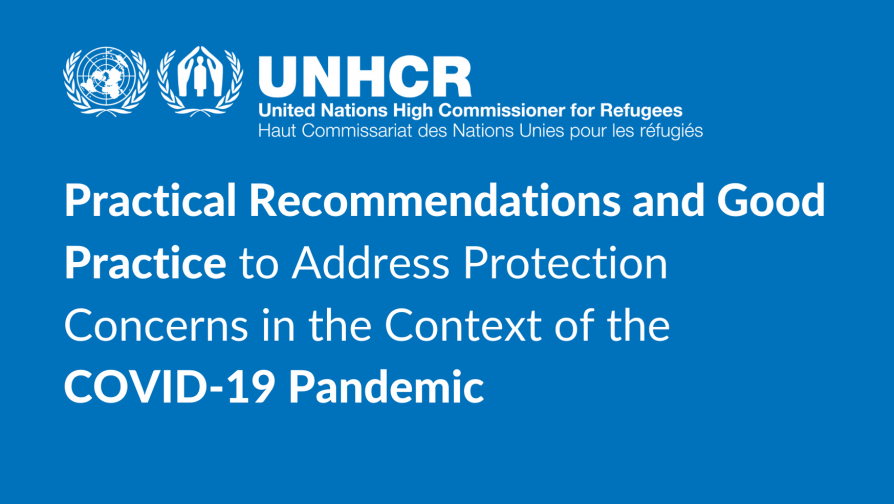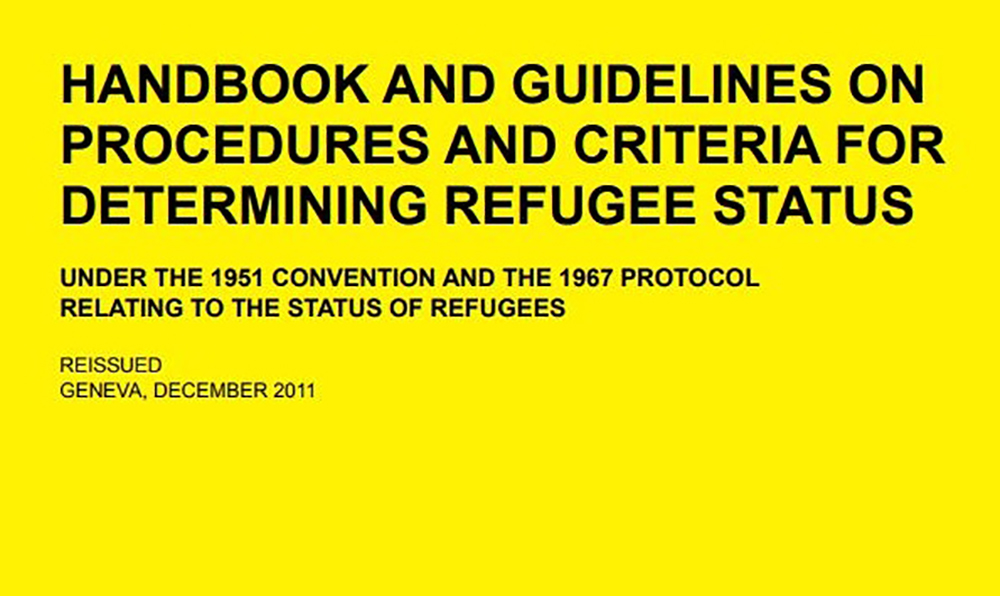Legislation
The Refugee Law was passed in 2000, and the Cypriot government assumed full responsibility for refugee issues, including the asylum application procedure from 1st January 2002. A cornerstone of the legislation is the principle of non-refoulement, which prohibits the return of a person to a country where his or her life or freedom is threatened with torture or inhuman or degrading treatment or persecution. All persons with international protection, namely refugees, beneficiaries of subsidiary protection status and asylum-seekers are protected by the principle of non-refoulement as well as persons with status based on humanitarian grounds. Under very strict conditions, and following a specific procedure provided for by law, expulsion of a refugee or a person with subsidiary protection status or a person with status based on humanitarian grounds may be decided, if this is considered necessary for reasons of public interest or public policy. However, deportation of any person to a country where s/he will be in danger of being subjected to torture, inhumane or degrading treatment or punishment is prohibited, even if deportation has been decided on grounds of public security and order.
All beneficiaries of international protection enjoy specific civilian and socio-economic rights according to the legislation. As far as asylum-seekers are concerned, the Law allows all applicants to have access to the country’s territory and to the secondary rights provided for by law. Even asylum-seekers who may fall under the provisions of the Dublin II Regulation will be granted asylum-seeker status. The Refugee Law includes the definition of Refugee as it is formulated in the 1951 Refugee Convention. It also provides for a procedure for examining asylum applications, while defining the rights of asylum seekers, recognized refugees and other persons in need of international protection.
The Cypriot asylum system is relatively recent since the Cypriot authorities have assumed responsibility for dealing with asylum cases since 1 January 2002, when the Cypriot Government replaced the United Nations High Commissioner for Refugees (UNHCR) in the handling of asylum applications. In summary, Cypriot asylum law provides for applications for international refugee protection to be examined by the Asylum Service of the Ministry of the Interior, while appeals submitted by rejected asylum-seekers are examined by the Special Court of International Protection.
In addition to the 1951 Convention on the Status of Refugees and the relevant Protocol of 1967, the Republic of Cyprus has adhered to a large number of international conventions and covenants on human rights as well as regional conventions such as that of the Council of Europe.
Read the latest updated Cyprus Refugee Law in full (Greek language only. Source: CyLaw).
International Conventions that Bind the Republic of Cyprus
For information on the international conventions to which Cyprus is a Contracting Party, visit the Law Commissioner’s website.
Rights and Duties of Asylum-seekers and Refugees in Cyprus
For additional information about rights and duties of asylum-seekers and refugees in Cyprus, as well as asylum procedures, visit the UNHCR Cyprus Help Platform.
Additionally, see our Europe pages for more information on UNHCR’s priorities and areas of work in Europe.
Rescue at Sea
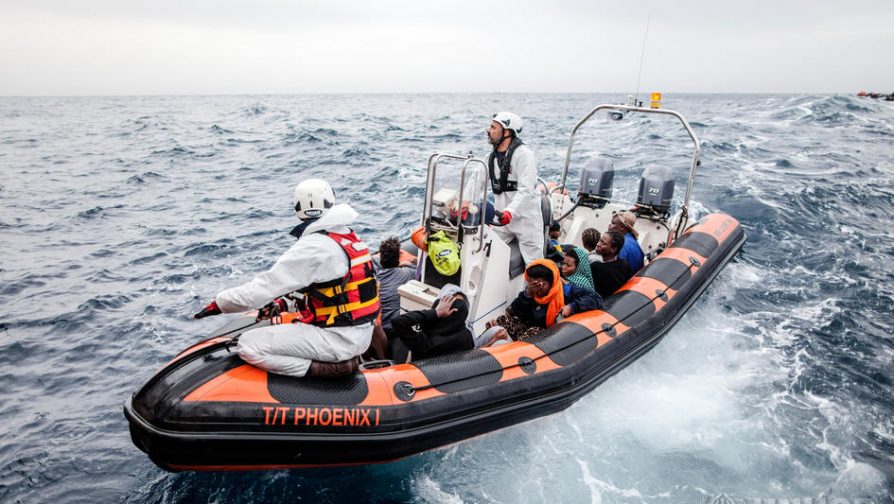
- A Guide to Principles and Practice as Applied to Refugees and Migrants, January 2015 – This leaflet is intended for any parties involved in rescue at sea situations. It provides guidance on relevant legal provisions, practical procedures and measures to meet the needs of refugees and asylum-seekers.
Status Determination
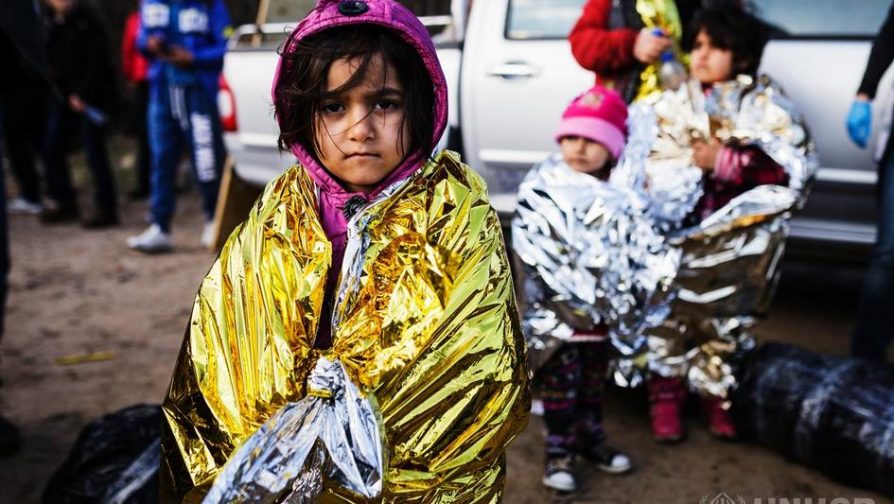
- Procedural Standards for Refugee Status Determination under UNHCR’s Mandate
- A vital part of being recognized as a refugee is Refugee Status Determination, or RSD. Learn more about RSD on our global website.
Female Genital Mutilation (FGM)

- TOO MUCH PAIN: Female Genital Mutilation and Asylum in the European Union – A Statistical Overview
- UNHCR Cyprus proudly supports the United to END FGM: European Knowledge Platform (UEFGM)
- Enhance your professional skills to provide support and protection to women and girls affected by FGM with the UEFGM e-learning course
- UNHCR Handbook for the Protection of Women and Girls, January 2008
- UNHCR Position Paper on Violence against Women and Girls of Concern to UNHCR in the EU
Statelessness

- Special Report: Ending Statelessness Within 10 Years
- Global Action Plan to End Statelessness: 2014 – 2024
- Video: #IBELONG – End Statelessness Now
- UNHCR-UNICEF Publication: Minority Children & Statelessness
- Learn more about Statelessness and how you can help
- The Statelessness Index now with data on Cyprus

